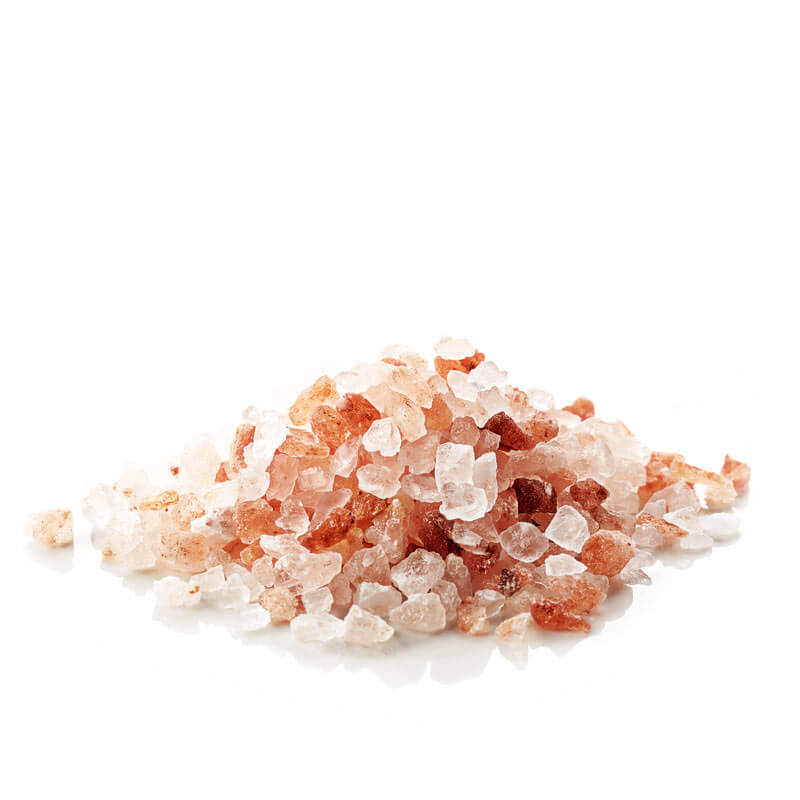Electrolytes and hydration go hand in hand, but what is an electrolyte and why are they so important?
Electrolytes are minerals and a component of plasma, which is the liquid part of the blood. Plasma also contains water, nutrients, wastes and proteins and it represents 55% of the blood. The most common electrolytes are Na+(Sodium), K+(Potassium), Cl-(Chloride), Ca2+(Calcium) and Mg2+(Magnesium) and they are so called because their presence allows the plasma solution to conduct electricity.
They are essential for normal cell metabolism and must be present in the plasma at the right quantities. Any interruptions or the slowing of their delivery to the cells can be a serious situation – see Imbalance.
Your body needs these minerals to regulate hydration, muscle and nerve function, PH levels, blood pressure and other important processes.
When we’re dehydrated, we haven’t just lost fluid; we’ve lost some of these valuable electrolytes contained in that fluid.





